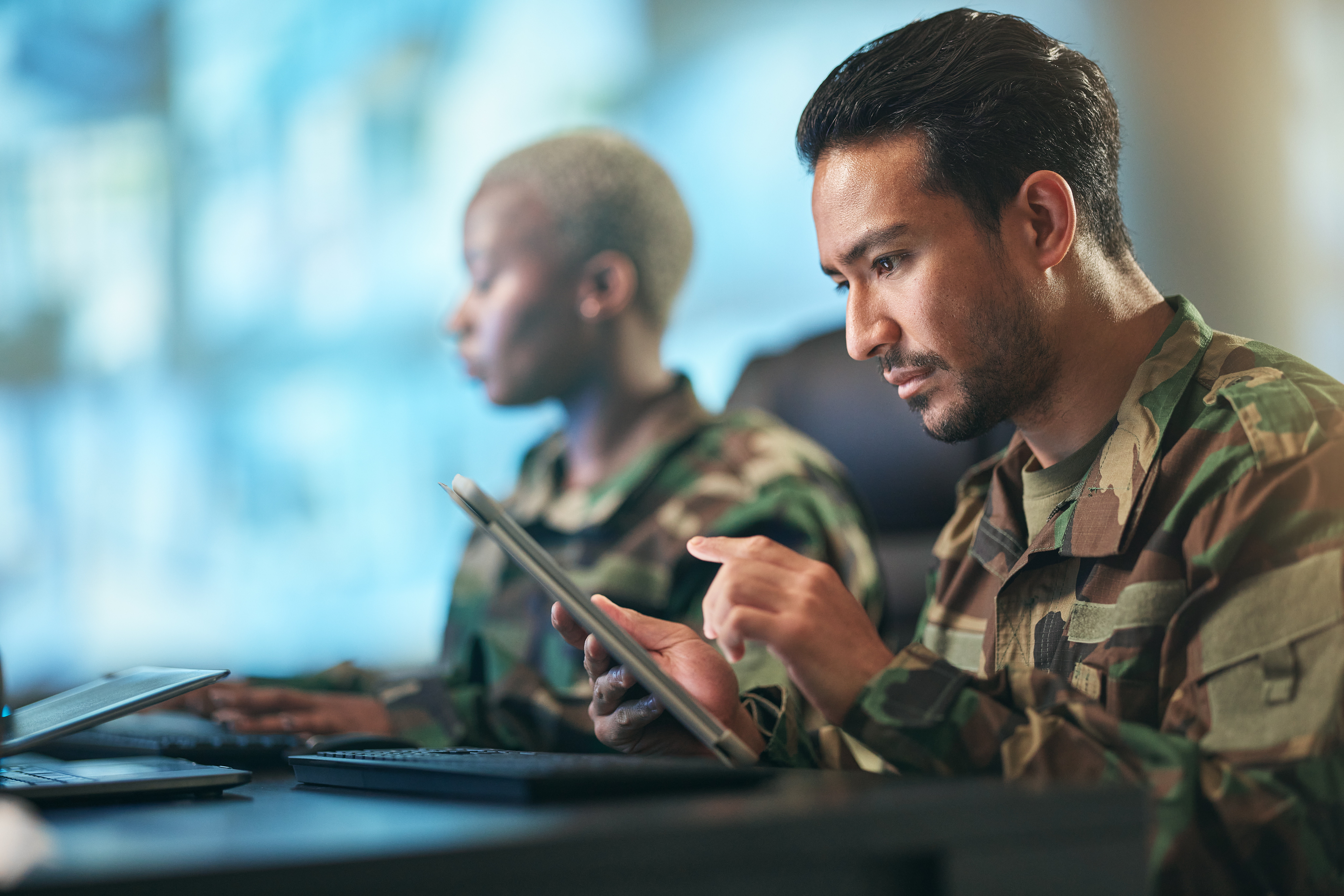Identity theft is an evolving threat that can have particularly severe consequences for military personnel. With the unique challenges and responsibilities they face, safeguarding military members’ personal information is paramount. In this article, we cover ten tips to help prevent identity theft, specifically tailored to the needs of those serving in the armed forces.
Why Is Military Identity Theft Protection Important?
Military personnel are at an increased risk of identity theft due to their exposure to classified information, frequent travel, and frequent moves. Criminals may specifically target military personnel due to their perceived financial stability, access to benefits, and the potential for identity theft to disrupt their careers. Learning how to help stay protected can help military members avoid financial loss, damaged credit, and compromised security clearance.
Military Identity Theft Protection Tips
From securing personal documents to practicing online safety, these tips offer military members a comprehensive approach to safeguarding this pervasive threat.
1. Secure Document Management
To maintain personal privacy, it is highly important to securely store and dispose of all sensitive documents. However, this especially important when it comes to military members due to the need to protect deployment orders, pay stubs, and medical records. To help stay protected and ensure their information remains safe, military members should consider using lockable filing cabinets, shredding documents, and using encrypted digital storage.
2. Strong Password Practices
It is crucial to use complex and unique passwords for all accounts, military and personal. Military personnel should consider using a combination of upper and lowercase letters, numbers, and special characters. It may be beneficial to employ a reputable password manager that will help keep track of passwords securely.
3. Two-Factor Authentication
Two-factor authentication, also known as 2FA, is a security process that requires two different methods of identity verification. This can be used for online accounts and systems. Military personnel should consider enabling two-factor authentication for their email, banking, and social media accounts. It adds an extra layer of security, making it difficult for unauthorized users to gain access.
4. Be Cautious About Public Wi-Fi
It is highly advisable to not use public Wi-Fi networks for sensitive transactions or accessing personal accounts. Instead, using a virtual private network, also known as a VPN, when connecting to public networks can help encrypt data. Often, public Wi-Fi networks are open and unsecured, providing easy access for cybercriminals to intercept data transmitted over these networks. Believe it or not, sensitive information such as login credentials, credit card information, and personal data can be stolen within seconds if the public Wi-Fi is compromised.
5. Beware of Phishing Attacks
Some of the common phishing tactics that are used by identity thieves to trick individuals into revealing personal information may include email, phone calls, text messaging, fake logins, and social engineering. To avoid this, military members should not open emails or text messages from unknown senders and always verify the website they are using is legitimate. Cybercriminals can manipulate and replicate domain names, causing people to give personal information to a website that is illegitimate and fraudulent. Military personnel should scrutinize emails and messages asking for sensitive information and verify the sender’s identity.
6. Regular Credit Monitoring
It is important for military members to monitor their credit report regularly to help detect unusual or unauthorized activities. IdentityIQ offers 24/7 credit monitoring with real-time alerts to notify you when suspicious activity is detected so you can take action.
7. Protect Social Media Profiles
The amount of personal information shared on social media should be limited, especially for military personnel. Sharing too much personal information increases the risk of social engineering attacks, as attackers can manipulate and impersonate someone you believe you know. This opens the door to potential sharing of personal information. Attackers can also exploit military personnel by creating a sense of urgency, trust, or familiarity based on information available in one’s public profile.
8. Secure Communication Channels
Military personnel should use secure communication tools for sharing sensitive information, especially during deployments. To help stay secure, it may be advisable to look into encrypted messaging apps like Signal Private Messenger, WhatsApp, and Telegram, as well as secure email services.
9. Report Suspicious Activity
If a military member suspects they have fallen victim to identity theft, they should immediately go to IdentityTheft.gov and create a report and recovery plan as well as follow other required protocols. They should also call the fraud department of the companies where they know the fraud occurred to help prevent new charges from being made on their behalf. They should also change all logins, passwords, and PINs to sensitive accounts.
10. Set Active-Duty Alert
Setting an active-duty alert can help minimize the risk of identity theft while military members are deployed. When they are away from their typical duty station, they can place an “active-duty alert” on their credit report. This will automatically force businesses to verify their identity before issuing any type of credit.
Bottom Line
Given the unique responsibility and vulnerability that military personnel are handed, shielding their identity is of utmost importance. These guidelines help empower military members to practice safety measures when securing their sensitive documents, browsing online, or carrying out daily tasks.
By using our tips and investing in IdentityIQ identity and credit protection, military personnel can focus on their crucial line of work with confidence that their personal information remains safe, which not only ensures their well-being but also the integrity of their service to their nation

